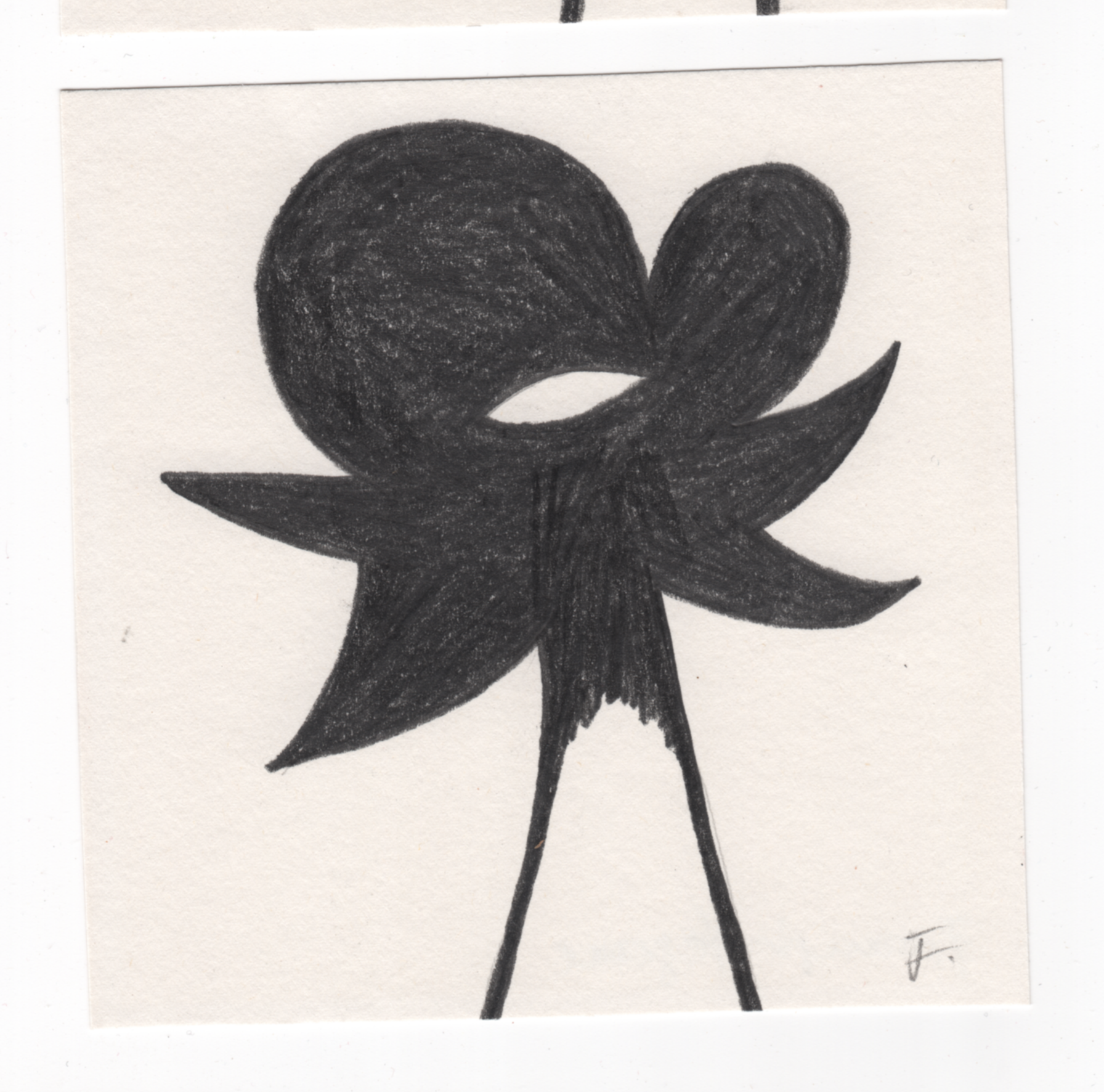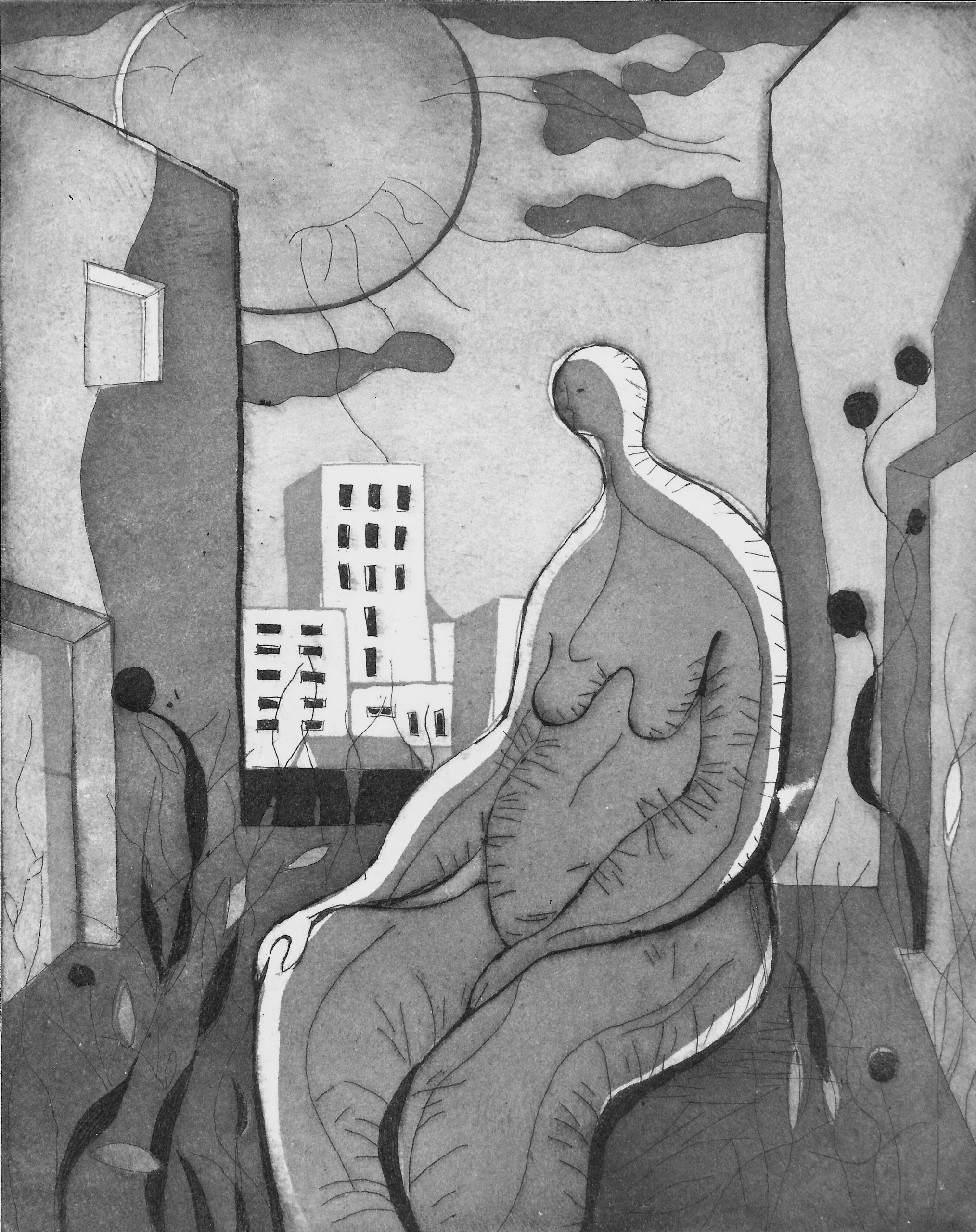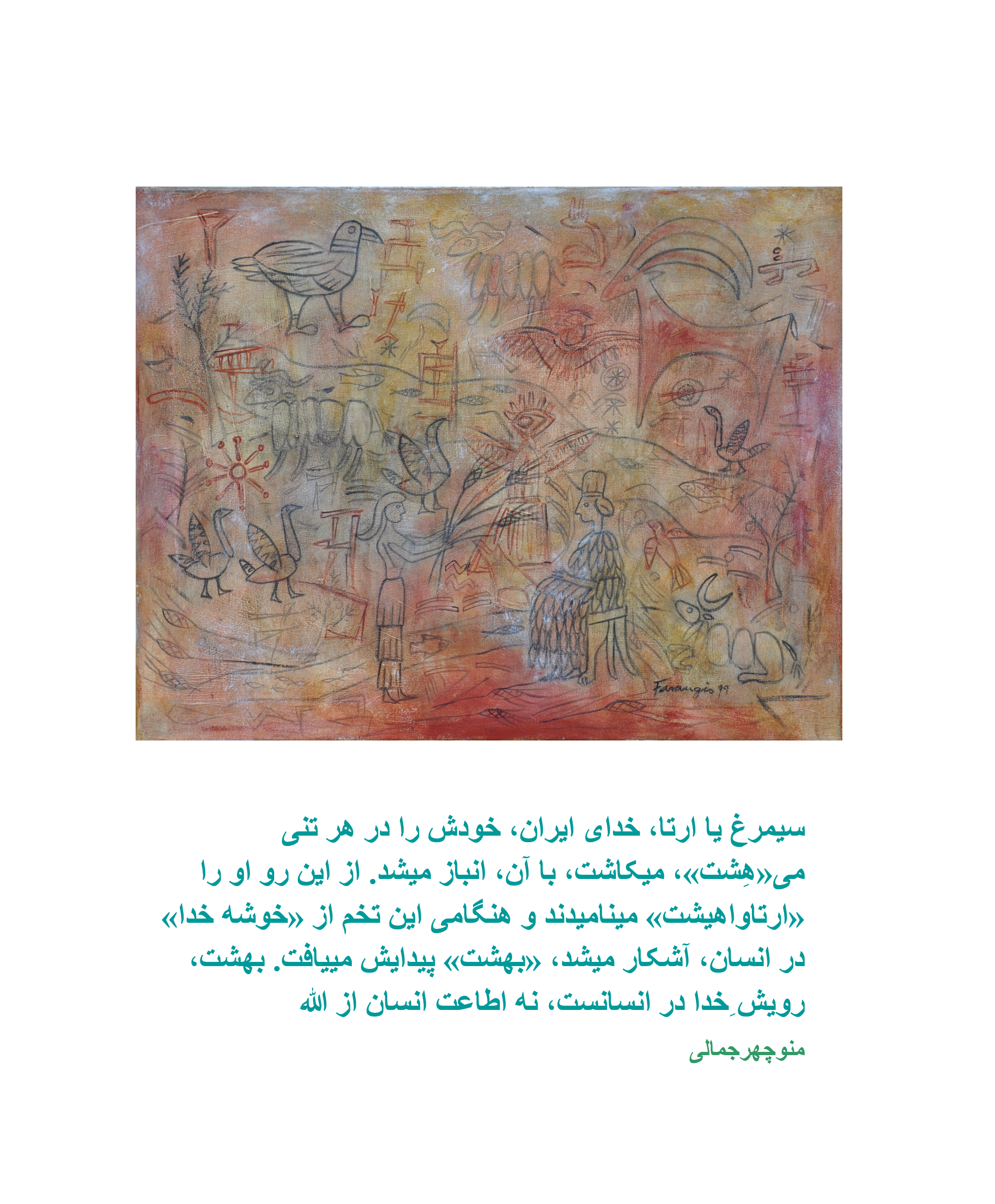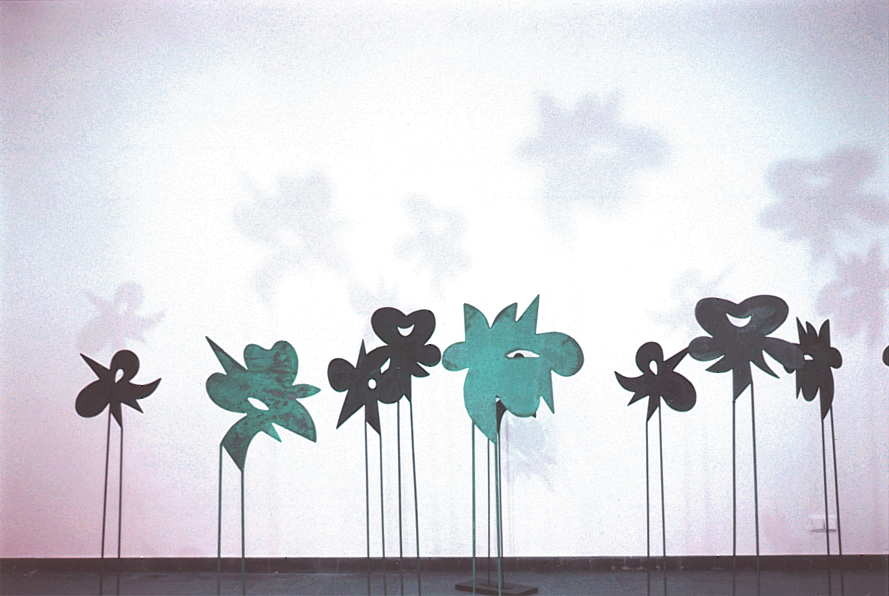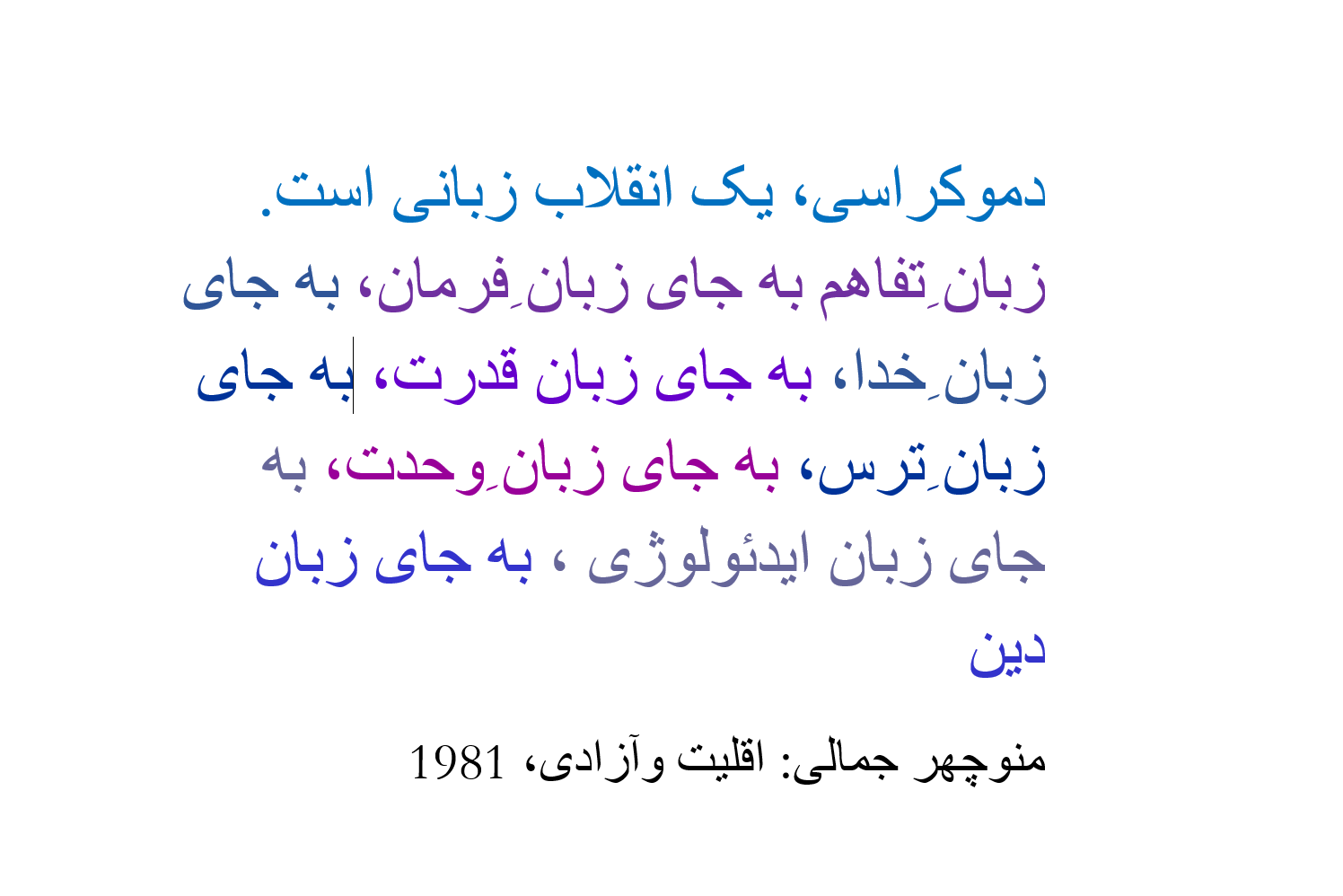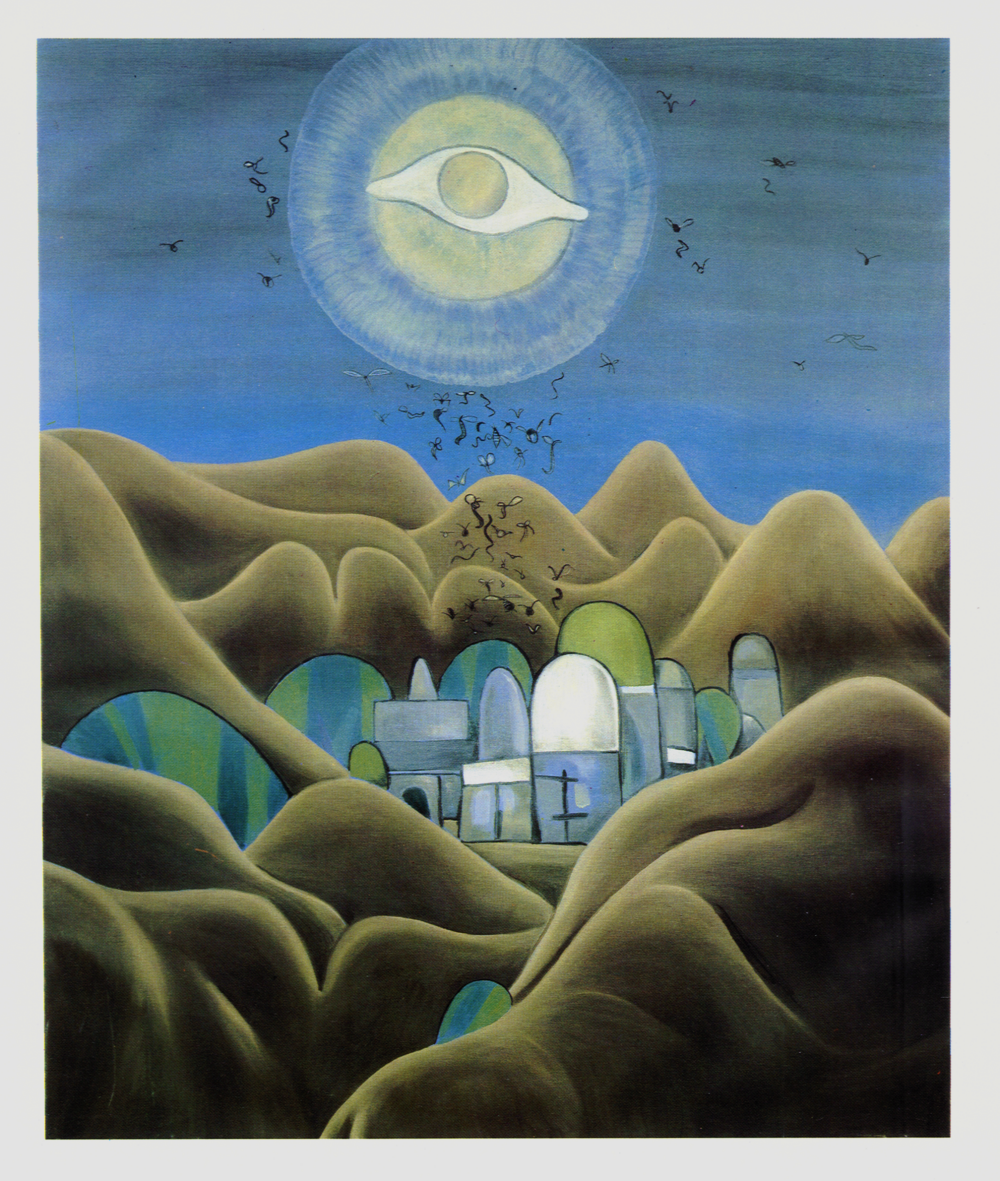حقیقت، نیاز به راه ندارد، چون نیروی جاذبه دارد. انسان، جوینده ایست که نه تنها از هر راهی، بلکه از بیراهه ها نیز به حقیقت، کشیده میشود. هر اندیشه ای که تهی از نیروی جاذبه است، برای خود، یک راه میسازد، و میکوشد همه را با زور، بدان راه براند، و آن را «تنها راه مستقیم» میخواند، و هر راه دیگری را انحراف از راه خود میداند. ولی حقیقت، با جاذبه نیرو مندش، هیچ راه راستی نمیسازد. از این رو هر که دعوی داشتن ِ «راه راست» میکند، بزرگترین دروغ را میگوید، و با این دروغش، برضد حقایقی میجنگد که نیروی جاذبه خود را بر «ساختن یک راه راست» ترجیح میدهند. هر انسانی، حقیقتِ زندگی را میجوید، و حقیقت، با جاذبه اش، جوینده را، چه از بیراهه ها و چه از راهها، به خود میکشد. راههای را ستهیچکدام، حقیقت نیستند، و طبعا همه حقایق را نیز منحرف میسازند. زندگی، برتر از هرحقیقتی است، و هر کسی بنام انحراف از راه راست، انسانی را میکُشد، قداست زندگی و خرد انسانی را پایمال میکند.
منوچهر جمالی
—
Wahrheit benötigt keinen Weg, denn sie hat die Kraft der Anziehung. Der Mensch ist ein Suchender, der nicht nur von jedem Weg, sondern auch von allem Falschen zur Wahrheit hingezogen wird. Jeder Gedanke, dem die Kraft der Anziehung fehlt, bahnt sich seinen Weg und versucht, alle zu zwingen, diesem zu folgen. Er nennt ihn den „einzig geraden Weg“ und betrachtet jeden anderen Weg als Abweichung von seinem Weg. Doch die Wahrheit mit ihrer starken Anziehungskraft bahnt keinen geraden Weg. Wer also behauptet, einen „richtigen Weg“ zu haben, erzählt die größte Lüge und bekämpft mit dieser Lüge Wahrheiten, die ihre eigene Anziehungskraft dem „geraden Weg“ vorziehen. Jeder Mensch sucht die Wahrheit des Lebens, und die Wahrheit zieht mit ihrer Anziehungskraft den Suchenden an, ob von den falschen oder den richtigen Wegen. Gerade Wege sind nicht die Wahrheit und verzerren natürlich auch alle Wahrheiten. Das Leben ist jeder Wahrheit überlegen, und wer im Namen einer Abweichung vom rechten Weg einen Menschen tötet, tritt die Heiligkeit des Lebens und die menschliche Vernunft mit Füßen.
Manuchehr Jamali
—
Truth does not need a path because it has the power of attraction. Man is a seeker who is drawn to the truth not only by every path, but also by everything that is false. Every thought that lacks the power of attraction paves its own path and tries to force everyone to follow it. It calls it the “only straight path” and regards every other path as a deviation from its path. But the truth, with its strong power of attraction, does not pave a straight path. So anyone who claims to have a “right path” is telling the biggest lie and uses this lie to fight truths that prefer their own power of attraction to the “straight path”. Each human being seeks the truth of life, and the truth attracts the seeker with its power of attraction, whether from the wrong or the right paths. Straight paths are not the truth and naturally distort all truths. Life is superior to any truth, and whoever kills a person in the name of deviation from the right path tramples on the sanctity of life and human reason.
—
La verdad no necesita un camino porque tiene poder de atracción. El hombre es un buscador que se siente atraído hacia la verdad no sólo por todo camino, sino también por todo lo que es falso. Todo pensamiento que carece del poder de atracción traza su propio camino e intenta obligar a todos a seguirlo. Lo llama el «único camino recto» y considera cualquier otro camino como una desviación de su camino. Pero la verdad, con su fuerte poder de atracción, no allana un camino recto. Así que cualquiera que afirme tener un «camino recto» está diciendo la mentira más grande y utiliza esta mentira para luchar contra las verdades que prefieren su propio poder de atracción al «camino recto». Cada ser humano busca la verdad de la vida, y la verdad atrae al buscador con su poder de atracción, ya sea desde los caminos erróneos o los correctos. Los caminos rectos no son la verdad y, naturalmente, distorsionan todas las verdades. La vida es superior a cualquier verdad, y quien mata a una persona en nombre de la desviación del camino recto pisotea la santidad de la vida y la razón humana.








